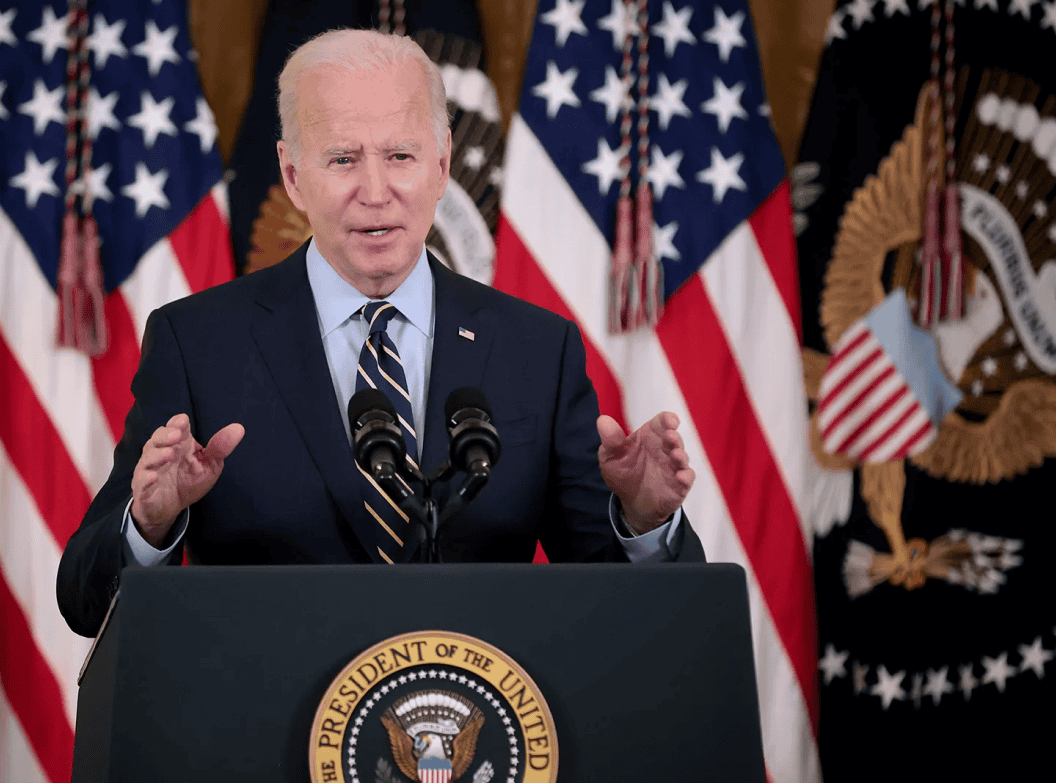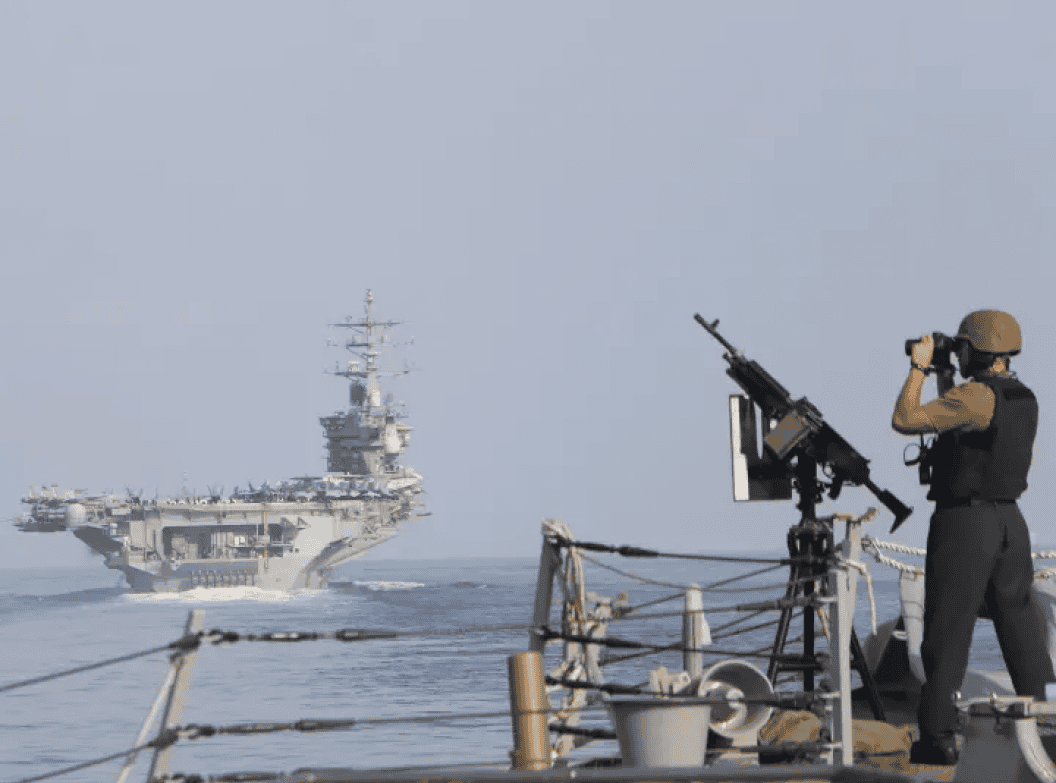
Last updated: 11 Dec, 2024
Red Sea Region: Balancing Geopolitics, Security, and Global Trade
The Red Sea region is of geopolitical and economic importance, serving as a critical maritime corridor. With its strategic waterways, notably the Bab El-Mandeb Strait and the entry point to the Suez Canal, it is a lifeline for global energy supplies and trade routes. However, it faces security challenges, ranging from piracy to armed conflicts.
The Red Sea has become a focal point for regional and international security concerns in recent years. The region's strategic importance has drawn the keenness of global powers to ensure its stability, with nations like the U.S. establishing naval alliances. Meanwhile, regional powers, including Saudi Arabia and Egypt have intensified efforts to secure their maritime borders and trade routes.
The Yemeni Houthi movement has emerged as a significant destabilizing force in the Red Sea region. Supported by Iran, and since the escalation in Gaza, the Houthis have repeatedly targeted oil tankers and commercial vessels in the Gulf of Aden and the Red Sea using different weaponry, including unmanned vehicles and missiles.
These attacks have escalated tensions and highlighted the vulnerability of one of the world’s most vital maritime corridors.
The Red Sea is a conduit for approximately 10% of global trade, including a substantial portion of the world’s oil and liquefied natural gas (LNG). Any disruption to these shipping lanes can have cascading effects on global markets, underscoring the importance of maintaining security.
Countries with vested interests in the region, including Saudi Arabia and the UAE, have ramped up their naval patrols and surveillance operations. The establishment of international coalitions, such as the Combined Maritime Forces (CMF), has proven vital in protecting commercial vessels. However, long-term security solutions require addressing the root causes of instability, including political and economic challenges in Yemen and Palestine.
The Red Sea region remains a pivotal arena for global security and trade, but its challenges demand a coordinated and sustained response. Ensuring the safety of shipping lines and energy flows is not merely a regional concern but a global imperative.
As geopolitical dynamics evolve, collaborative efforts among coastal states and international stakeholders are essential. A secure Red Sea is not only vital for the region's prosperity but also for the stability of the global economy.
While the U.S. engages in military confrontation with the Houthis, Saudi Arabia and Egypt opt for political solutions, so as not to endanger multi-billion dollar megaprojects and push away much-needed investors.
Start Your Subscription
Subscribe to Intelligence Weekly (Defense) for a weekly roundup of pivotal developments impacting the geopolitical landscape and shaping competitive dynamics within the MENA defense industry.
Looking for personalized access or bespoke engagements?



